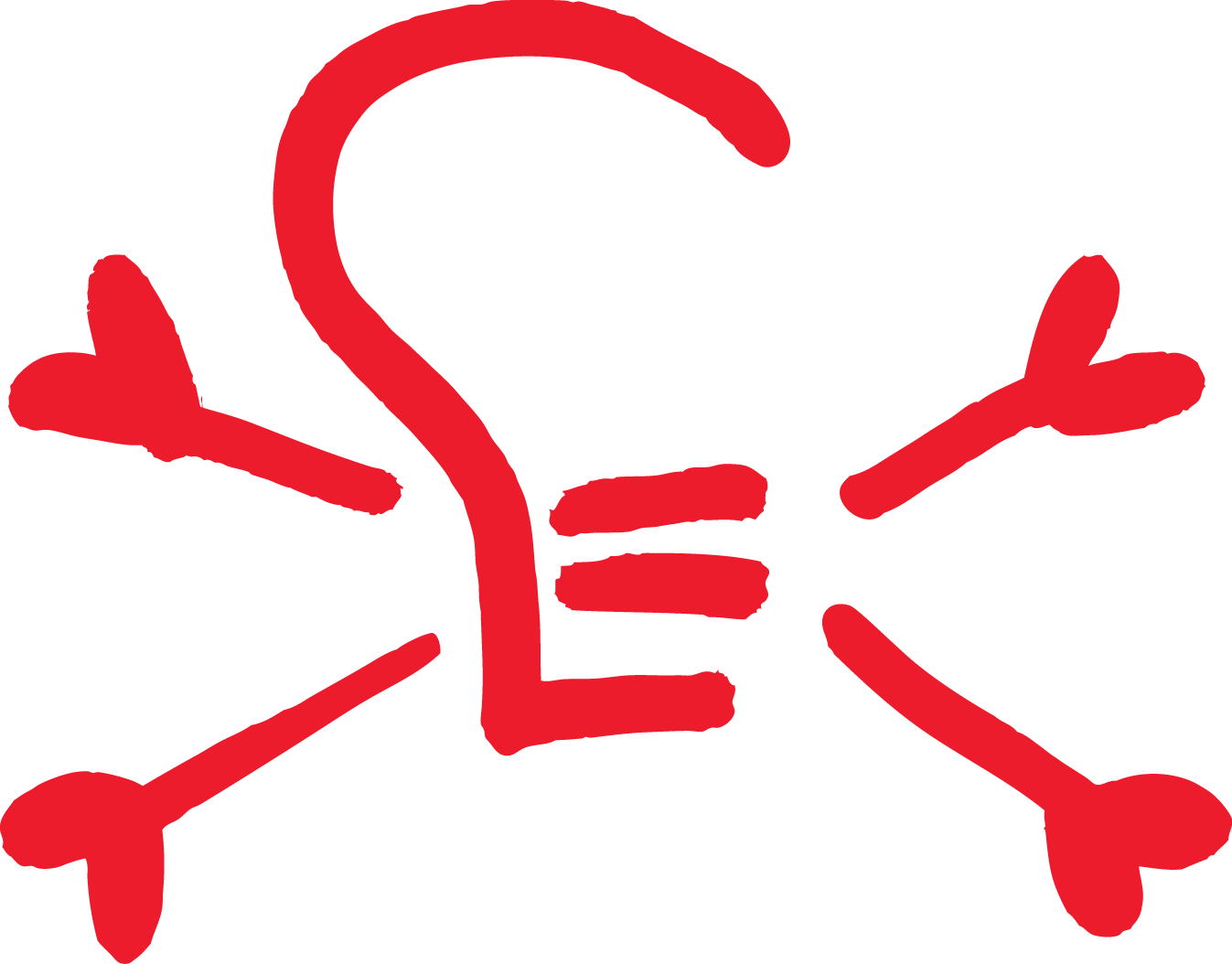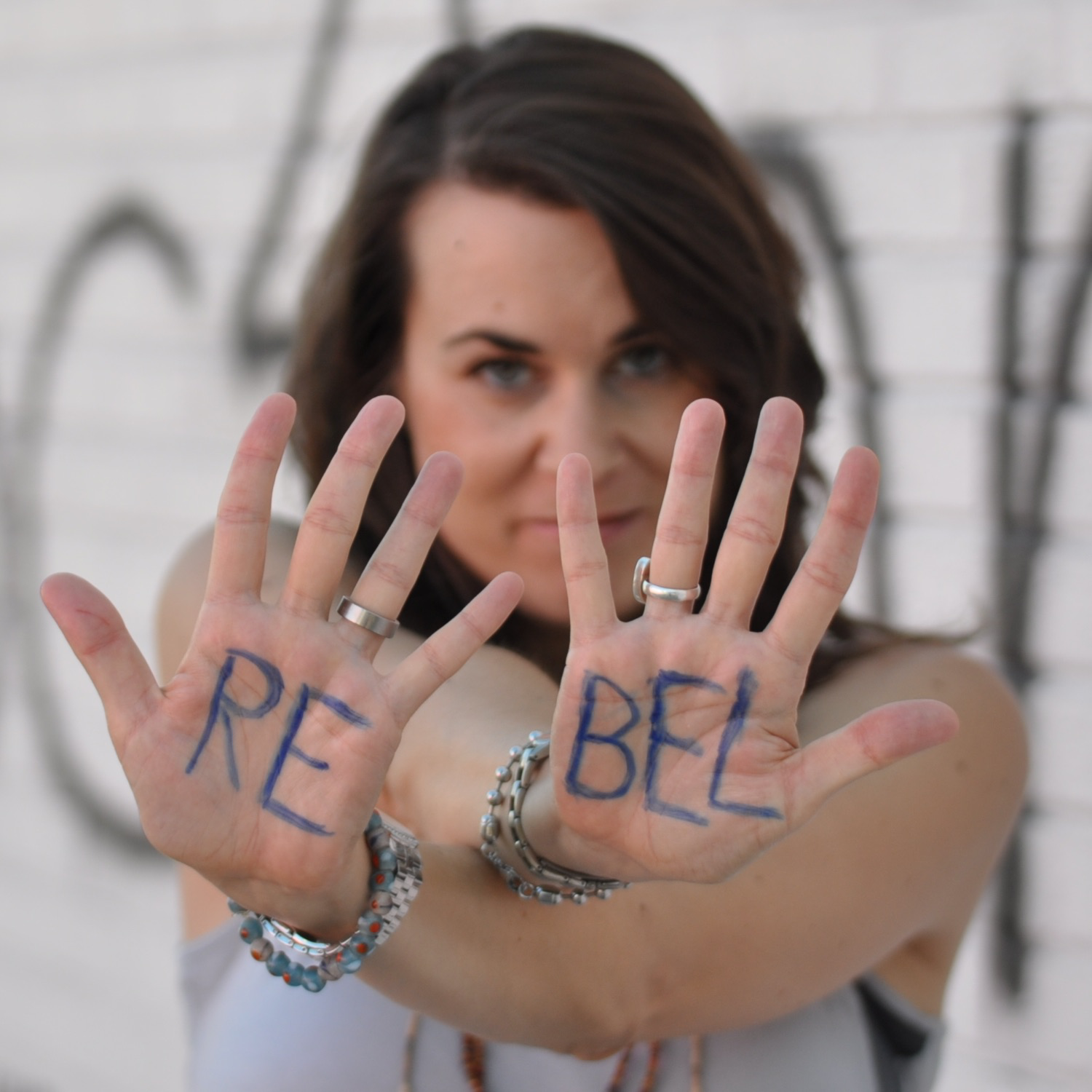Every year the Classy Awards recognize the most innovative and impactful social programs in the world. This blog series highlights each initiative and show the breadth of social innovation genius and passion by spotlighting each of the ten winners of the 2017 Classy Awards. In this post I present Days for Girls International, a non-profit that believes every girl deserves education, health, safety and dignity. Days for Girls provides sustainable feminine hygiene worldwide for those who would otherwise go without.
Days for Girls Kits: Feminine Hygiene Solutions
Lack of feminine hygiene solutions and education is a major hindrance to girls’ education in African, Asian, and American countries. Days for Girls International works for a more free, dignified, and educated world by providing health education and feminine hygiene solutions. Their DfG Kits give girls the long-term resources they need to be hygienic and comfortable in school and at home.
DfG has come up with a powerful way to fulfill their mission. Their Enterprise Programs provide key community members with the tools to make the DfG Kits and meet hygiene needs long into the future. And their volunteer Chapters and Teams reach high-need, relief, and emergency settings quickly.
The DfG Enterprise Model: Sustainable and Community-Driven
The Enterprise Model was developed based on input from women around the world. One of the DfG Micro Enterprises in Kenya shares this feedback on the Days for Girls website: “As much as I’m making profit, I’m also giving a life to the people… When you’re sewing, you create jobs for others. If you just take and give and you don’t go back, how will the rest benefit? There is no knowledge flow. There is empowerment in selling. People create, learn, and join what you’re doing.”
The Days for Girls Enterprise Model is a community-driven model. The Centers provide the structure and support as a solid base. The Micro-Enterprises branch out into new areas, supporting small-scale, grassroots projects. And, the Kit Ambassadors are individual women who provide the final, key piece. That way DfG ensures that the model not only generates income, but also ensures sustainability and supports local ownership.
How It All Began
Days for Girls began in 2008 when Founder and CEO Celeste Mergens was working with a family foundation in Kenya when she began assisting an orphanage in the outskirts of Nairobi. In the wake of historic post-election violence, the population at the orphanage had swelled from 400 children to 1400.
As she was getting prepared to return to Nairobi, Celeste went to bed with the devastating situation weighing heavy on her mind. In the middle of the night she woke up with a nagging question: “What are girls doing for feminine hygiene?” She ran to the computer and sent an email to the Assistant Director of the orphanage. He replied right away. “Nothing. They wait in their rooms.”
This set in motion a series of action and various iterations of how to best support girls with feminine hygiene solutions. Today, Days for Girls has reached over 640,000 women and girls in 100+ countries with Kits, each of which will last a girl or woman two to three years. This translates into over 115 million days of education and opportunity that would otherwise be lost without sustainable hygiene solutions.
To find out how you can support Days for Girls International, visit their website and learn how you can take action.
Read about Classy Award winner OpenBiome
Read about Classy Award winner Humanitarian OpenStreetMap Team
Read about Classy Award winner Mission Asset Fund
Read about Classy Award winner Because International

